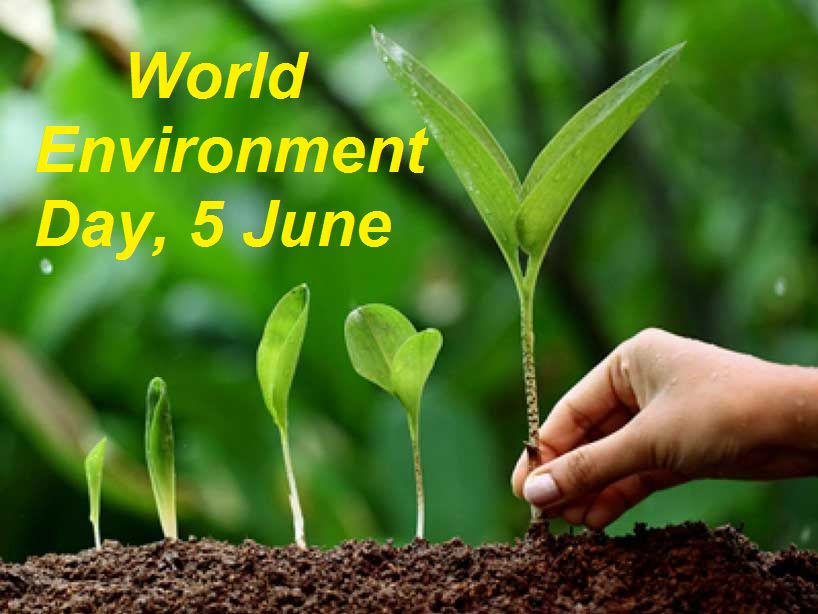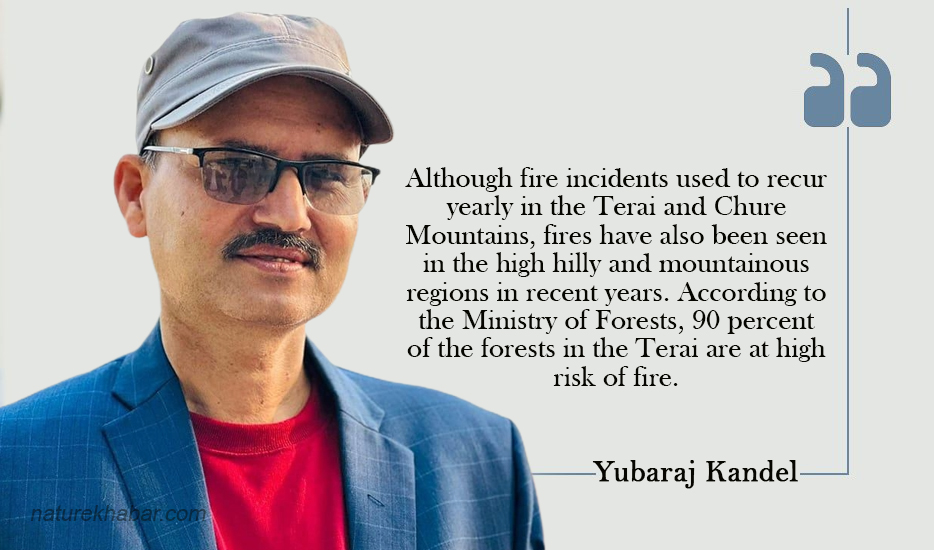Civil Society Organizations demand to fulfill environment related commitments
- Nature Khabar


The world is marking June 5 as World Environment Day with a theme of air pollution . Approximately 7 million people worldwide die prematurely each year from air pollution, with about 4 million of these deaths occurring in Asia-Pacific. Marking the day in Nepal, with a home to eight Himalayas out of 14 mountains above 8000 meters in the world together with other highlands has a great significance at a time when melting mountains are seizing headlines across the world. Even if action is taken immediately, and greenhouse gas emissions are capped one-third of the glaciers in Hindu Kush Himalayan region will melt.
Civil Society Organizations demand that the political parties fulfill the promises they made on environment agendas during the 2017-general election in Nepal. In their election manifestos, the political parties had made commitments to develop and promote clean energy, properly manage natural resources and forest, conserve water resources, control pollution and manage solid waste. A joint manifesto of Communist Party of Nepal (Unified Marxist-Leninist) and Communist Party of Nepal (Maoist Centre) promised to generate 15,000 MW electricity generation from hydro, solar and other renewable energy sources and conservation of Himalayan glaciers. Nepali Congress, in its manifesto, included plans to check air pollution in Kathmandu, reduce use of fossils fuels and enhance renewable energy production. Similarly, other political parties promised to manage natural resources and forest and develop promote clean energy.

A recent study shows that political parties have failed to live up to their commitments to protect and conserve environment. Environment is in low priority in development agenda of political parties. They are yet to include climate change in their priority agenda list. Political leadership, unfortunately, takes environment as anti-development agenda and mainly prioritizes infrastructure as key development model. Within the political parties, environment rarely finds place in their discussions and no dedicated committees exist within the political parties to take care of environment conservation issues.
Meaningful engagement between political parties and civil society organizations would help change the present perception of environment as anti-development agenda. Intra and inter-party discussion and cooperation is imperative to build their individual and common positions on the major environment and climate change agendas of national and international importance. It is also equally crucial to form and functionalize within the parties dedicated committees on environment and climate change.
Environment Protection bill has recently been tabled in the parliament. This bill is highly crucial as it determines Nepal’s long term commitments to sustainable development. All political parties must urgently start discussion within and among them on the bill and make sure the bill is well aligned with the commitments they have expressed in their election manifestos. Member organizations of Climate Action Nepal South Asia Nepal are committed to supporting the political parties and parliamentarians for constructive discussion on the bill.
This paper is published by Climate Action Network South Asia Nepal (CANSA Nepal). CANSA Nepal is a loose network of civil society organizations working and advocating on climate change in Nepal. For CANSA Nepal, the study was carried out by Geeta Pandey from KIRDARC and Prabin Man Singh from d Prakriti Resources Centre -(PRC).





Feedback